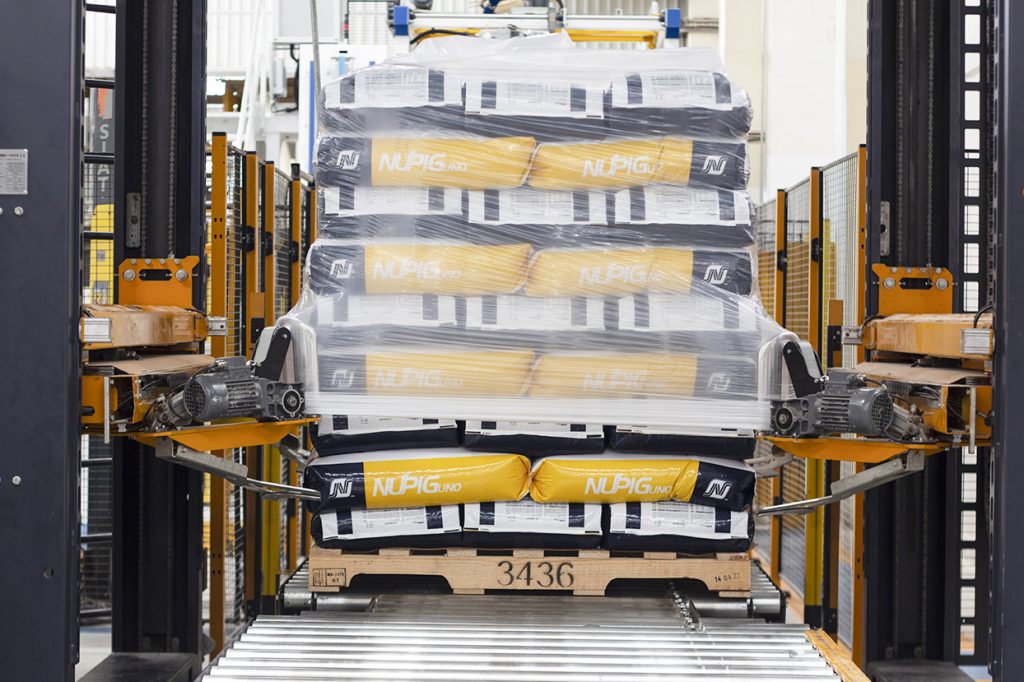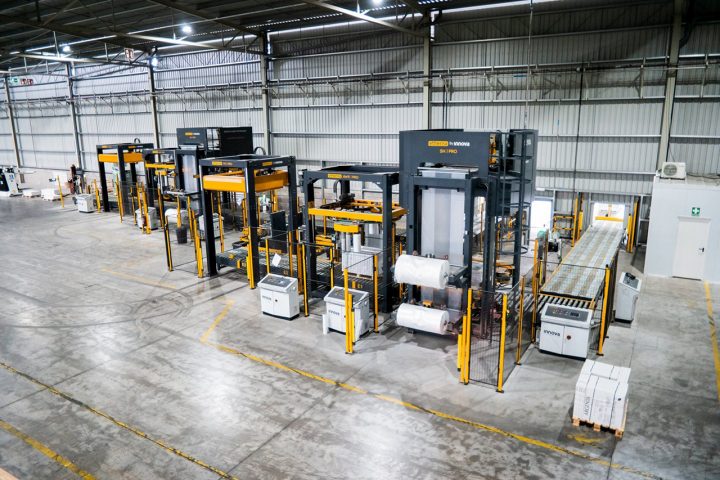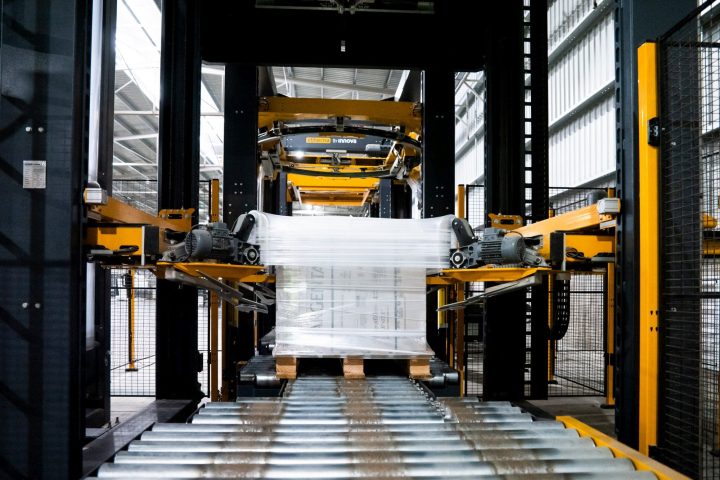Greenwashing in packaging and logistics: How to avoid deceptive strategies and commit to real sustainability
How can we determine whether a company is truly committed to sustainable packaging practices? How can we avoid being misled by these deceptive marketing strategies? In the packaging and logistics sector, many companies sell sustainable solutions that, in reality, are not. Nowadays, greenwashing has become a common practice, generating mistrust among end consumers and negatively affecting true sustainable innovation. Recently, even the European Parliament has adopted a new regulation to govern these unfair practices.
In this article, we explain the term Greenwashing, how it manifests in the logistics and packaging end-of-line industries, and what companies should do to avoid it and commit to authentic sustainability.
What is Greenwashing?
Greenwashing refers to deceptive marketing strategies used by companies to appear more sustainable than they really are. These practices can be carried out in different ways, such as through advertising campaigns that exaggerate the sustainability of the product, rebranding with a more sustainable aesthetic without real changes in environmental practices, or false claims about reducing the company’s environmental impact.
In an industry where optimizing resources and reducing energy use and CO2 emissions are vital for competitiveness, some companies use deceptive strategies to enhance their appeal and product attractiveness.
How to identify Greenwashing in the packaging sector
In response to the increasing interest of companies in sustainability and the implementation of stricter environmental regulations (for example in the EU), many organizations are striving to project a more responsible image and establish themselves as green. Some resort to deceptive marketing instead of implementing real changes. Identifying these practices is crucial to determine which companies are genuinely committed to sustainability and which are misleading consumers and harming the packaging sector for profit.
Examples of greenwashing in the sector:
- Use of vague terms or terms without verifiable data: One of the most common practices is to use phrases such as ‘sustainable packaging’ without verifiable evidence or certifications that can demonstrate its efficiency.
- Promotion of supposedly recyclable materials that are not recyclable: Some companies claim to use consumables that are theoretically recyclable and reusable, but in reality, they cannot be processed in most recycling plants.
- Exaggerated promises: This is the perfect example of Greenwashing, claims such as “zero environmental impact” that cannot be realistically fulfilled but that companies use to improve their image and make it more attractive to the clients.

Why is it so important to avoid Greenwashing?
Greenwashing can indeed bring short-term benefits to the company that carries it out, however, these benefits do not compensate for the great negative impact it generates later. Some of the main reasons for avoiding these practices are:
- Loss of trust, reputation, and integrity: Greenwashing can seriously damage a company’s image, as customers increasingly value honesty in sustainable practices. Transparency strengthens consumer trust and long-term loyalty, while deception leads to a loss of credibility that can be irreversible.
- Legal and regulatory sanctions with new regulations: More and more countries are passing stricter measures regarding misleading advertising on sustainability, such as the recent regulation passed by the European Parliament, which offers consumers better protection against unfair commercial practices and forces companies to be more transparent. For this reason, those who engage in Greenwashing could face serious legal consequences.
- Impediment to true sustainable innovation and competitiveness: When companies choose to pretend instead of investing in the development of true green solutions that allow them to stand out in the market, progress towards a more sustainable industry slows down.
How can companies in the sector avoid Greenwashing?
For packaging companies to avoid falling into Greenwashing and to be able to demonstrate they have a true commitment to the environment, they must adopt real sustainable strategies and, above all, be transparent with the customer. Some good practices are:
- Use sustainable materials: Choosing recyclable and recycled consumables that can be processed in existing recycling plants.
- Official certifications and seals: Backing efforts to be more environmentally friendly with recognized certifications or verified sustainable labels.
- Transparency in processes: Clearly conveying the actual environmental impact of the available packaging systems and consumables.
- Investment in innovation: Develop new packaging technologies that minimize the use of plastics, reduce energy consumption and emissions, and optimize the use of more environmentally friendly materials.
- Customer and supplier education: Inform the end consumer about the correct recycling of consumables and encourage a more responsible supply chain.

In the packaging and logistics sector, it is essential to adopt real sustainability based on innovation, transparency, and commitment to the environment. Companies that are really committed to responsible solutions will not only avoid falling into Greenwashing but will also gain the trust of their customers and contribute to a more sustainable future.
At Innova Group, as manufacturers of end-of-line packaging systems, we are committed to real sustainability. We design and develop packaging solutions that optimize material use and reduce environmental impact without resorting to deceptive strategies, such as the Stretch Hood system, which reduces plastic usage by 50% and utilizes highly efficient energy motors. Contact us without obligation for more information about our packaging solutions, our technical team will be happy to assist you.










